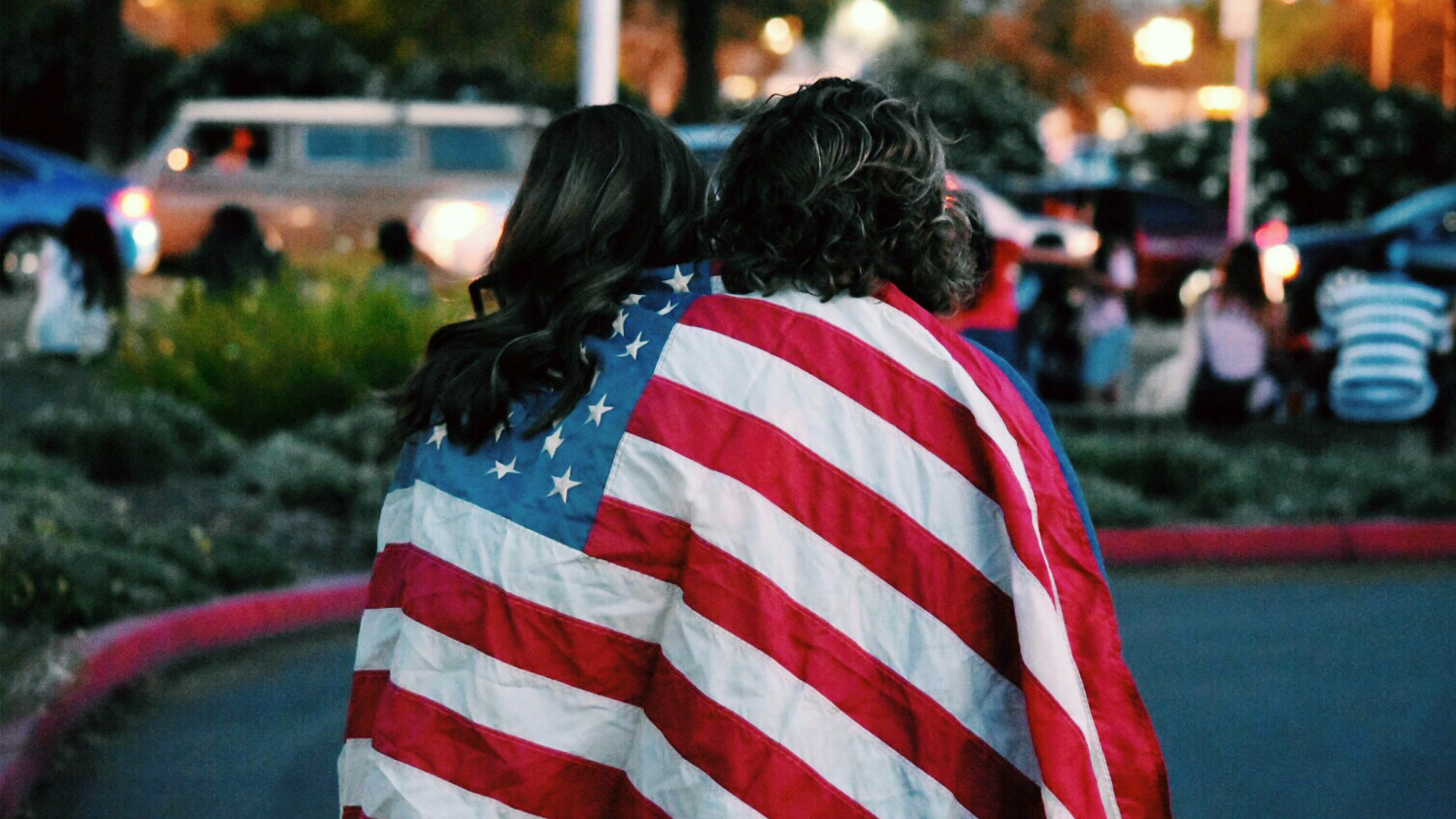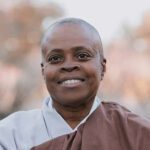One of the largest rituals this country engages in is casting votes, to make our marks, to say something. We may cast a vote, not only for oneself, but, for those who are ill or incarcerated, for those who are illiterate, for those who have lost interest. We do this knowing that the outcome of voting is actually something we cannot really see in an instant. We cannot see the results today or tomorrow. Because the outcome of the ritual is not only about who won and who lost. It is about our coming together every four years; our desires expressed, a chance to return love and honor to those who fought for the participation of all in this ritual. And yet, this ritual induces false security for some and doubt and fear for others.
Our fear that things will get worse, tends to lead to things getting worse. When driven by fear we fall to those who prey on our terror, rage, pain, loneliness, and need for salvation. Our collective fear today is whether or not anyone can live as who they are in this country or in the world, despite being right, middle, or left on the political continuum or off the linear political path all together. Our fear is whether or not our own strategy will eventually work even though it has failed many times.
“Can we feel the freedom we already have despite things causing us to feel otherwise?”
A week before this election, I spotted a large Silverado truck and a huge blue flag with red stars mounted in the back. The flag said, “Kamala sucks.” I had my eye on the truck but lost track of it as I headed to a doctor’s appointment. I wasn’t feeling very well. Although hatred is not a human right, it is a human flaw. Soon the driver was alongside me honking his horn. He started towards my car and made a great effort to forced me off the road with his truck. It must have been the thrill of his day because it’s very difficult to find a black woman alone driving anywhere in New Mexico. He thought he had scored in a game in which he was as invisible as me. He may have been telling me that I suck too. But this life that I am living is in the hands of something that wants me here, something more powerful than him. My life is also in the hands of my ancestors. This he did not know. He did not know his ancestors were also with him.
Our shared suffering is less than one degree from each other. Our shared liberation must be the same. No matter who won this 2024 presidential election, twenty-four years into a new millennium, there is something that we all must do more than ever. We must keep faith in those around us. We must relish and cherish the relationships of family and friends no matter their human flaws. It doesn’t mean we have to suffer other’s suffering but the way to our liberation is to forge, with our heat, all that is broken in this country into a kind of freedom we never imagined we had the power to shape. I say this because it is only us that we have and only us who will need to stand at the doors to protect our free communities, free spaces, free loved ones, and more—not as protectors of people only but protectors of what has always been sacred and that is life itself. We must value all life even in the middle of all life not being valued.
Are we ready and capable of dismantling the distorted perceptions we have of each other that are now strangling us, personally and collectively? No matter what gender, what skin tone—and there are more than two genders and two tones—we must ask what is it that causes us to do or fear not doing what we know shouldn’t be done? How will we lift the noose from around our own necks so we can do the same for another?
If possible we will live in the difficult and in the more difficult and in the difficult after that not because we are becoming stronger but because we know that freedom is tied to what we create out of what sits at our feet. Freedom is to not long for what a president, alone, could never give us. Can we feel the freedom we already have despite things causing us to feel otherwise?
Can we change the ritual? Look into someone’s frightened or confused face today and say, “I got you. I got you.” Saying it out loud is one way but saying it in your heart silently is also a way to access innate empathy, recognize the world’s grief, for the sake of everyone’s wellbeing. Can this be our sacred campaign forever?

